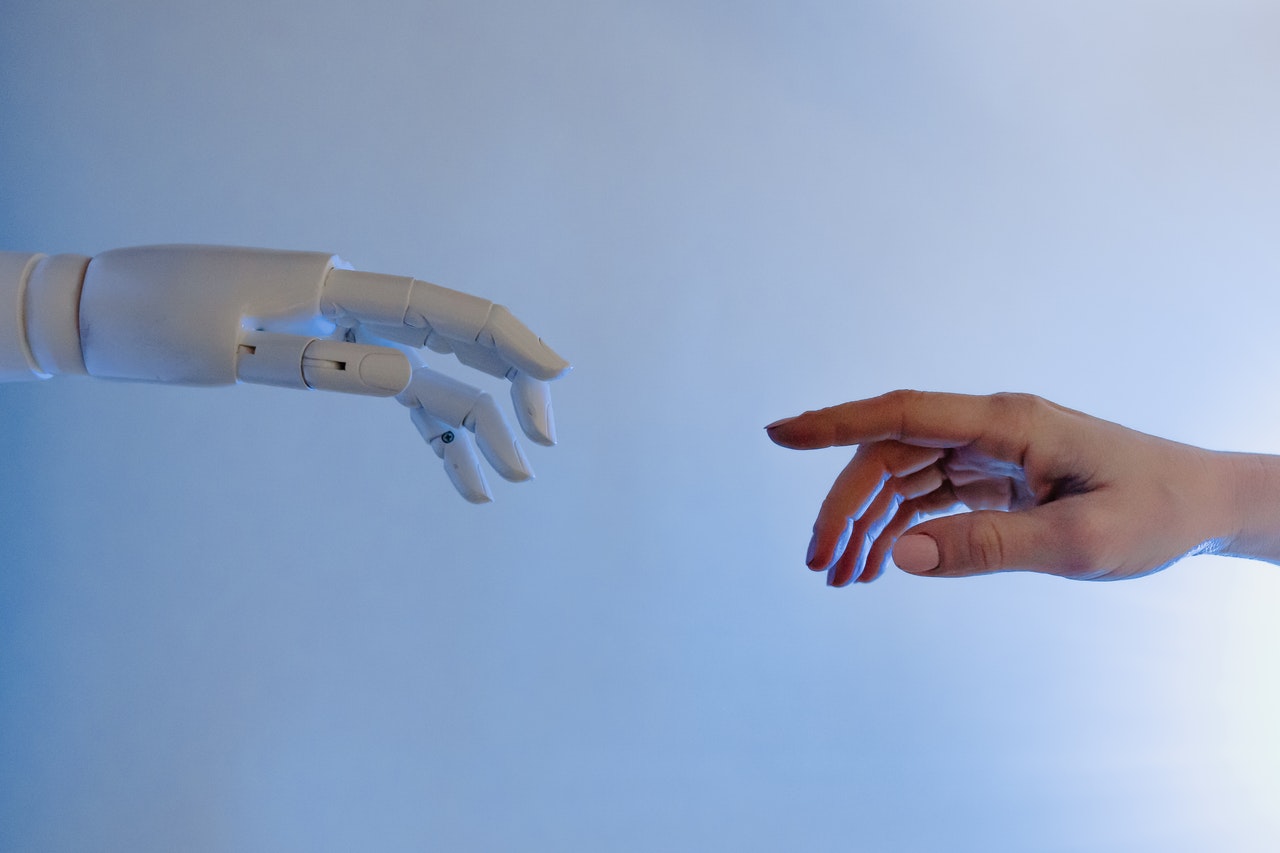The great debate about the future of work
Published

The future of work is a hotly debated topic these days. With the advent of automation, immersive technologies, the metaverse and artificial intelligence (AI), many activities that were traditionally performed by humans are now being developed with machine assistance.
The emergence and strengthening of the high-tech gig economy has also reinforced the transition to a future of work, a term that describes the predicted trends in employment and companies.
Technological progress will continue, and the question of whether technological change can lead to mass unemployment will arise, followed by discussions about how people can adapt to this new reality by learning new skills and finding new jobs.
For example, people prefer to work remotely, opting for freelancing, task-based work and other non-traditional employment to counter the trends of the gig economy.
Conversely, technological progress can promote the growth of companies. For example, innovations in the field of immersive technologies such as augmented reality (AR), virtual reality (HR) and AI have helped several countries and industries to achieve economic growth. Ultimately, the future of employment will be determined by the interplay of these forces.
In this blog post, we explain three trends for the future of employment: Remote work, automation and redefining the workplace as we know it.
Remote work is here to stay
Not so long ago, the idea of working from home was nothing more than a pipe dream for most employees.
However, with the spread of technology and the ever-increasing demand for mobility and job growth, teleworking has become a reality for many people. In other words, with the future of employment, people and companies are redefining work.
And it's not just employees who are benefiting from this trend - employers are also recognizing the advantages that teleworking offers their employees. It is estimated that by 2025, up to 70% of employees will work remotely at least part of the time.
There are several reasons why remote working is here to stay. For one, it gives employees more control over their work-life balance. Since they don't have to commute or worry about childcare, they have more time to focus on their work.
In addition, remote working gives employees the opportunity to work from anywhere in the world, which is a great advantage for companies that want to tap into a global talent pool.
Finally, outsourcing remote workers is more cost-effective for employers - there is no need to provide office space or equipment, and employers can save on the overheads associated with maintaining a physical workplace. The future of employment is evolving, and it's clear that remote working is here to stay.
The rise of the machines: Automation and labor
For years, people have been discussing whether technology will eventually replace human workers altogether. While it is true that more and more tasks that were traditionally carried out by humans are being automated, it is important to remember that this trend is not new.
In fact, automation has been part of the world of work for centuries - only recently has the pace of change accelerated.
One of the most important changes we are seeing today is the use of automation for cognitive tasks such as data analysis and decision-making. This is a significant difference to the past, when automation was mainly used for physical tasks such as working on the assembly line.
The rise of automation in the world of work is leading to a future in which machines and humans will work side by side. This future is often referred to as the "co-bot future". In this future, humans will focus on more demanding tasks, while machines will take over the more routine, repetitive tasks.
Redefining the workplace
As the future of employment evolves, so will the workplace. In fact, the two are inextricably linked.
It is to be expected that the trend will be towards more flexible work organization in the workplace. Thanks to technological progress, employees no longer have to be tied to a specific location to do their work. Instead, they can work from anywhere in the world, at any time of the day or night. In this situation, remote working will play a major role in the future of work.
As a result, business owners and HR leaders will rely on a more diverse, inclusive and equal workforce that contributes different perspectives to the growth of the business.
Finally, wellbeing is expected to play a greater role in the workplace of the future. As we understand the connection between mental and physical health better and better, employers will increasingly recognize the importance of creating a workplace that promotes both.
This can take many forms, from offering on-site childcare and gyms to providing time for employees to pursue their hobbies or interests.








